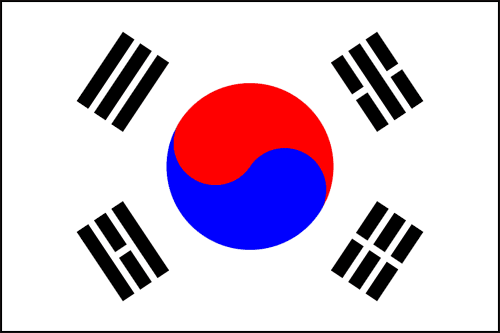WASHINGTON/SEOUL — The United States and South Korea have reached a high-stakes trade agreement that defuses a potential tariff escalation and opens the door to significant South Korean investments in the U.S. economy. The deal, announced by former U.S. President Donald Trump on Truth Social, reduces proposed tariffs on South Korean imports from 25% to 15%, averting a full-blown trade conflict.
Originally scheduled for implementation on August 1, the higher tariffs were part of a broader push by Trump to pressure key trading partners into renegotiating existing terms. “America will not be burdened by tariffs,” Trump wrote, describing the new 15% tariff as “fair and effective.” According to U.S. Commerce Secretary Howard Lutnick, the revised duty applies across the board, including to automobiles — one of South Korea’s most vital export sectors.
In exchange, South Korea has committed to a comprehensive economic partnership valued at $350 billion, with $150 billion earmarked specifically for joint shipbuilding initiatives. Additionally, Seoul will purchase $100 billion worth of liquefied natural gas (LNG) and other U.S. energy exports, while increasing its import volume of U.S.-made vehicles and agricultural goods.
Korea welcomed the agreement
Speaking in Seoul, President Lee Jae-myung welcomed the agreement, noting that it “ensures long-term stability for South Korean exporters” and places South Korea on equal or better footing compared to other U.S. trade allies. “This partnership is a strategic milestone,” Lee said.
The agreement comes in the context of Trump’s wider trade offensive, launched in April, that initially targeted multiple countries with the threat of steep import levies. While some duties have been revised downward to allow for renegotiations, others remain in place — most notably a 50% tariff on steel and aluminum imports, which has drawn criticism from several G20 nations.
A model for Trump’s preferred trade framework?
Analysts say the South Korea-U.S. pact is likely to influence ongoing talks with other major economies. South Korea, a key member of the G20, is now expected to serve as a model for Trump’s preferred bilateral trade framework: tough upfront demands in exchange for economic access and geopolitical alignment.
With election season heating up in both countries, the deal marks a timely diplomatic win for both Trump and Lee, calming investor jitters and reinforcing bilateral ties between two of the world’s largest economies. (zai)

